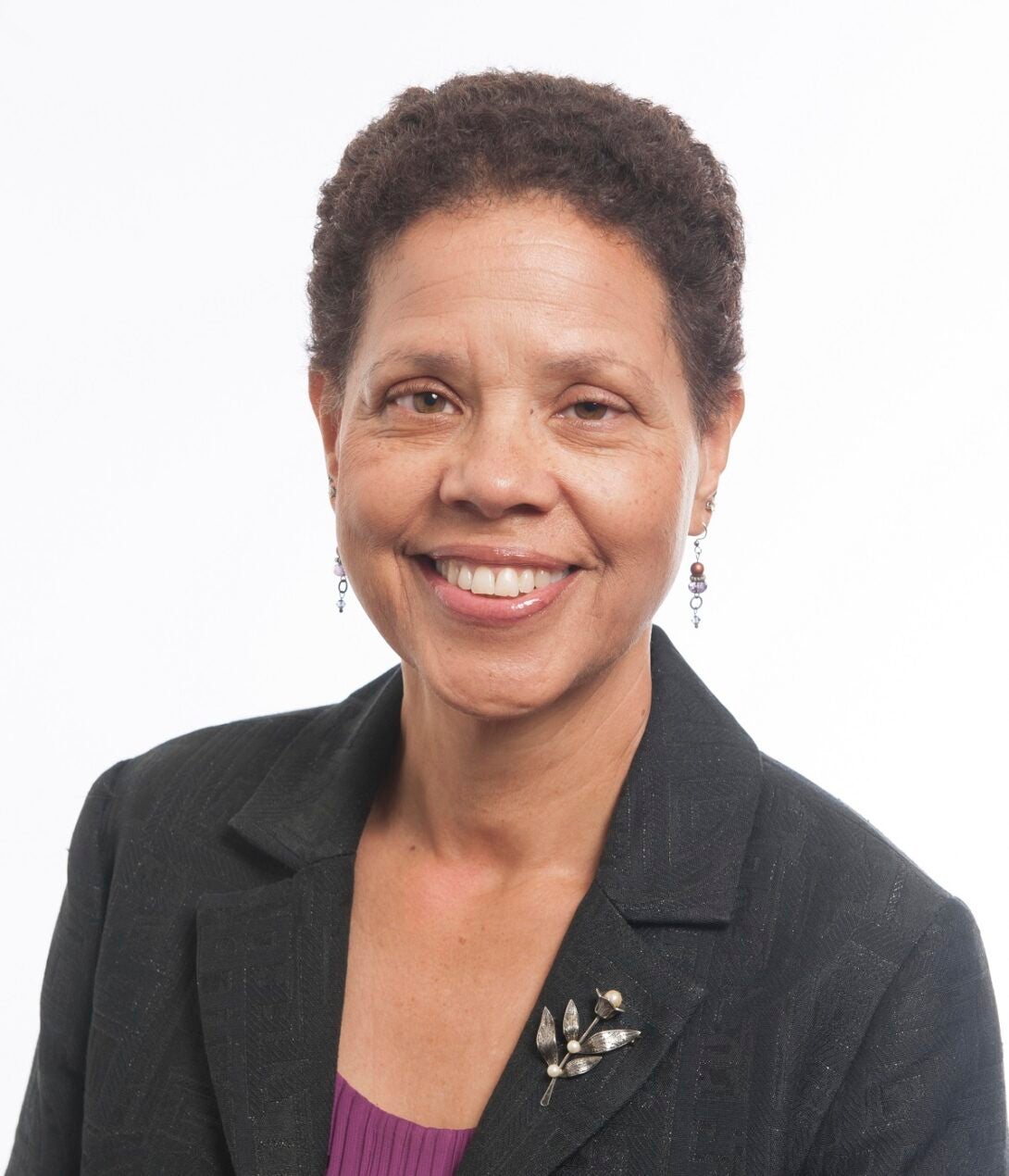Associate vice chancellor for equity and belonging retires from UIC
x

After 28 years of service, Nadine Peacock, PhD, associate vice chancellor for equity and belonging and associate professor of community health sciences, retired from the university effective January 31. She had spent the past two years in the UIC Office of Equity and Diversity and worked specifically with the Bridge to Faculty (B2F) Program.
Before becoming associate vice chancellor for equity and belonging, Peacock spent 26 years as a tenured faculty member in the UIC School of Public Health (SPH), serving as the SPH associate dean for diversity and inclusion during her final six years. While there, she and her staff were credited with implementing numerous equity and inclusion initiatives such as revising the school’s hiring practices by placing diversity advocates on search committees, overseeing the student-led Minority Health Conference and creating and expanding support programs for students, including a leadership development program and a peer support team.
In addition to her work with B2F in the office of equity and diversity, Peacock helped develop innovative programming as well as policy and practice interventions to ensure an inclusive and supportive environment for Black/African descent students, faculty and staff. She collaborated with the diversity education team in consultations and educational support, the Equity Advocate program and the Advancing Racial Equity initiative. She also engaged with the UIC Neighborhood Centers and student inclusion initiatives with a focus on post-traditional students.
Peacock holds a PhD in anthropology and had postdoctoral training in public health and reproductive endocrinology. As a researcher, she was broadly concerned with social and cultural influences on women’s reproductive health, infant health and health inequities. She conducted anthropological and public health research in central and east Africa on women’s work, energetics and ovarian function and HIV/STI risk behaviors of young women. Among urban communities in the U.S., Peacock’s research explored racial and ethnic disparities in sleep-related infant death and in rates of unintended pregnancy with a focus on public health interventions to promote safe infant sleep and pregnancy intentions among African American women and community college students.